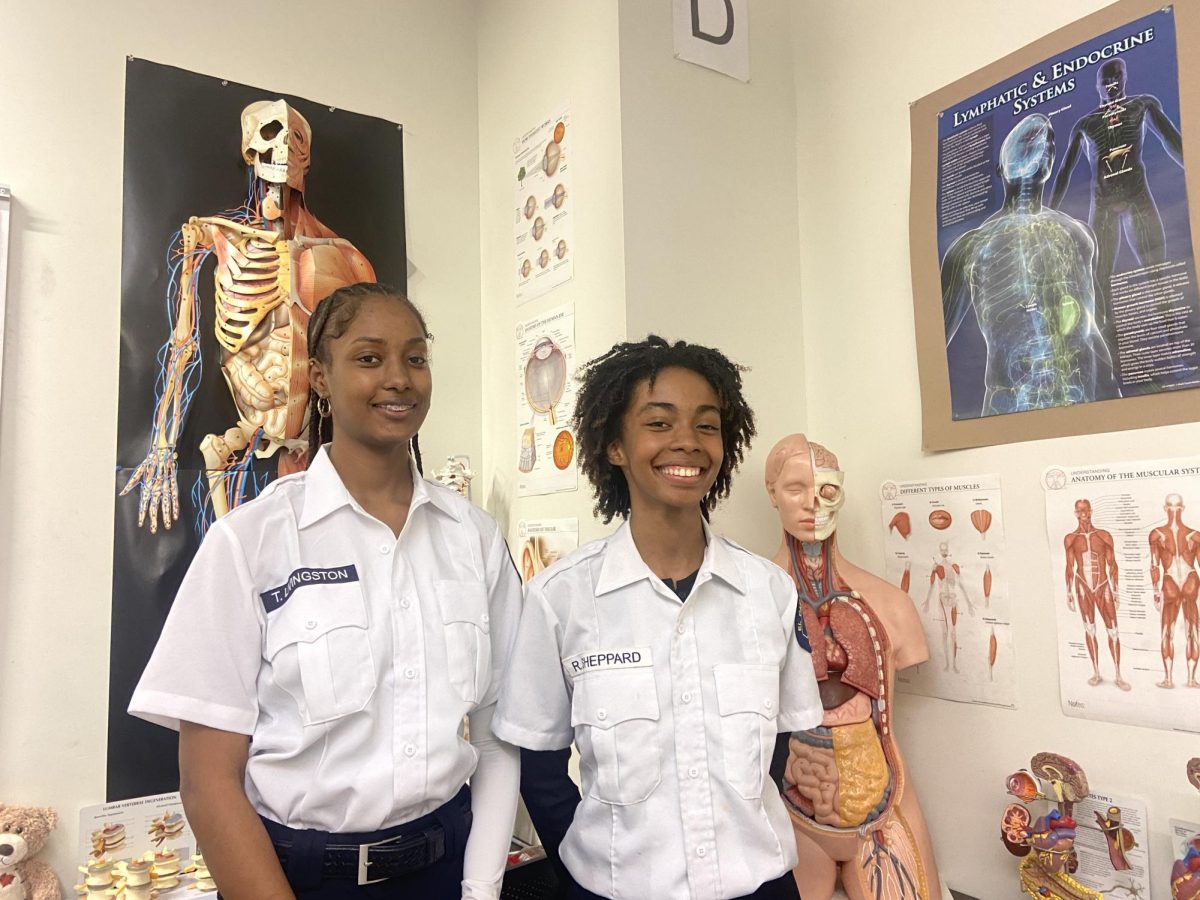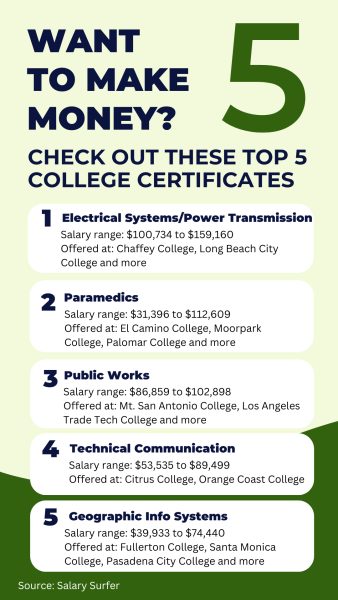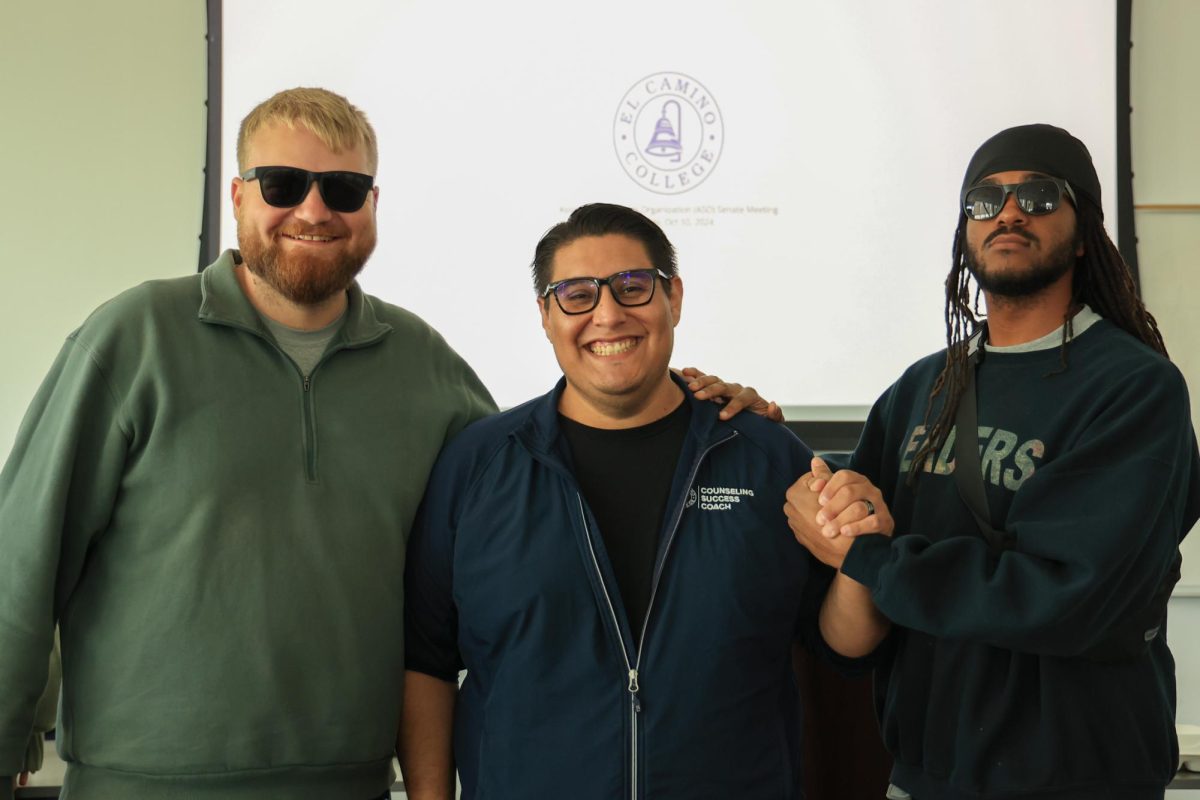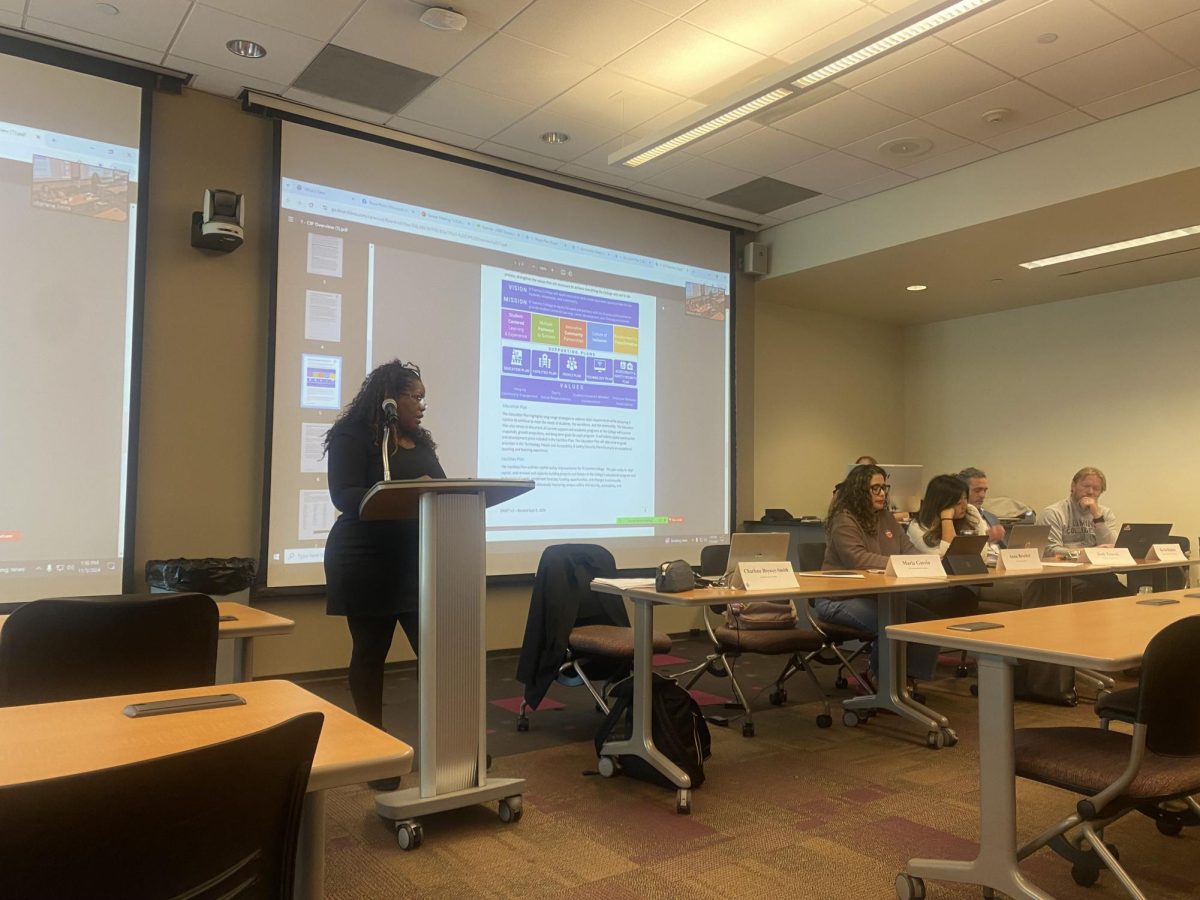At Orange Coast College, communications professor Jennifer Peters saw a need.
Although her department offered several communications and journalism courses, there was one important field missing, social media.
Determined to help her students enter this growing industry Peters created social media courses and launched a social media strategist program in 2018.
Now the program is a success, with classes filled and graduates moving on to work for large social media companies.
Peters is one of many community college professors who have initiated certificate programs that teach students the basic knowledge, skills and training required to land an entry-level position in growing and lucrative industries, from electricity, social media and construction management.
Jeff Strohl, director and co-founder of Georgetown University’s Center on Education and the Workforce, has done research on certificates offered by community colleges.
“You have to be really well informed and purposeful about why you yourself are trying to get a certificate, and how it builds your career pathway,” he said.
Strohl said certificates can be a valuable component to someone who already has a bachelor’s degree, especially for in-demand jobs that require certain certificates.
“It could be that the certificates of value are those that add…a very specific skill set on top of the general education… some combination of these two could actually be very important for career development,” he said.
Strohl said community colleges have taken the lead in offering certificates.
“I think it’s developed because the community colleges are the center of our workforce development system. So when people enter in to get something to help them get a job, it’s natural to go to the community colleges.”
In one year, 64% of California community college students “completed a noncredit [Career Technical Education] or workforce preparation” course, according to the California Community Colleges Chancellor’s Office.
According to Salary Surfer, the top five most lucrative certificates offered at California community colleges are in electrical systems and power transmission, paramedics, public works, technical communication and geographic information systems.
Salary Surfer, a website from the California Community Colleges Chancellor’s Office, tracks the salaries of college graduates based on the certificate or degree they earned.
Out of these top five money making certificates, El Camino College offers one of them, a paramedical technician certificate.
Paramedics
According to the U.S. Bureau of Labor Statistics, an average paramedic in California makes an annual salary of $69,870.
Salaries for paramedics range from $50,000 to over $100,000, El Camino paramedics director Kevin Huben said. It depends on whether they work for a hospital, a private ambulance company or a fire department.
“Being a paramedic in any way, shape, or form is…a very good-paying job,” Huben said. “It is a very challenging and rewarding career…and to be able to pull up on scene and to help somebody in their time of need is very, very rewarding.”
Raeven Sheppard, 20, and Taniya Livingston, 21, are taking the Emergency Medical Technician course at El Camino and plan to apply to the paramedics program once they finish their prerequisites.
Sheppard said she was inspired to pursue medicine after taking care of her grandmother who has diabetes.
Livingston said constant interactions with the fire department due to her mother having epilepsy made her want to work as a paramedic.
“I just love being out in the field. After going on ride-alongs in the fire department, it just intrigued me,” Livingston said.
Electrical Systems and Power Transmission
The most lucrative certificate available for California students is in electrical systems and power transmission, with recipients earning up to $159,160 according to Salary Surfer.
Students with this certificate can apply for entry-level jobs which include solar installers, traffic technicians and electrical engineering technicians.
Leonard Barela, a professor at Long Beach City College who teaches electrical systems courses, said the electrical field is a growing industry with a need for electrical workers.
According to the U.S. Department of Energy, “the electric power generation sector employed 171,793 workers in California… and added 1,805 jobs over the past year (1.1%).”
“There’s not enough electrical workers. We need them a lot for future jobs and future technology, so it’s a really well-needed trade to have,” Barela said.
Technical Communication
Only two colleges offer certificates in technical communication, Citrus College and Orange Coast College.
Citrus College offers a certificate in medical terminology for jobs including medical secretaries and registrars.
At Orange Coast College, students can obtain a social media strategist certificate and apply for jobs including a social media manager, content creator and brand ambassador.
Peters said salaries for social media workers start at $35,000 and can go up to $175,000.
“Not all jobs require four year degrees,” Peters said. “There are some jobs where two-year certificate programs, vocational programs, are really beneficial in placing students into jobs that have great potential. And I believe social media is one of those jobs.”
Public Works
Five colleges offer certificates in public works, ranging from greenscape maintenance technology to construction management.
With a certificate in public works, students can apply for jobs including construction managers, highway maintenance workers, landscape architects and groundskeeping workers.
Certificate-holders can earn up to $102,898, according to Salary Surfer.
Geographic Info Systems
Nearly 30 colleges offer a certificate in geographic information systems.
GIS, according to Southwestern College geography professor Ken Yanow, is taking spatial information such as land areas and boundaries, and analyzing it.
“The area is now expanding so fast,” Jing Liu, geography professor at Santa Monica College, said. “Any area as long as you use spatial data, you need to know something about GIS.”
In GIS classes, students learn how to read and interpret maps, find spatial data from sources, use remote-sensing technology and more.
Certificate-holders can earn up to $74,440, according to Salary Surfer.
“It’s fairly ubiquitous now. I mean, everybody does GIS on their phone. The second that you’re using a map for navigation is the second that you’re using GIS,” Yanow said.
















